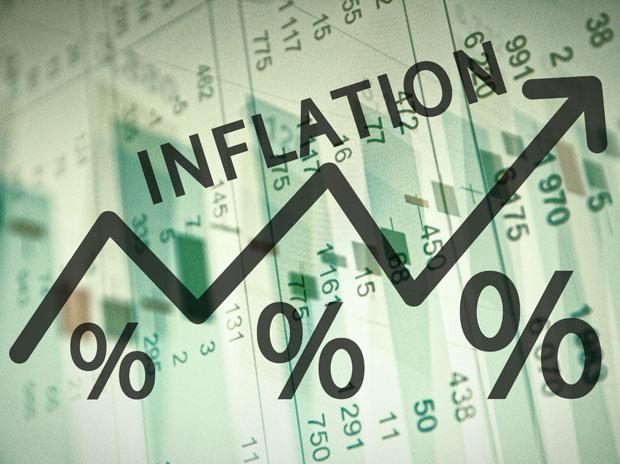Pakistan faces its most challenging Ramadan yet with soaring inflation making headlines each month. With prices of essential items at an all-time high, food items of daily use such as flour and onions are being sold for Rs1,295-3,100 and Rs100-200.
The Sensitive Price Index (SPI) during the first week of Ramazan in April 2022 to a day ahead of this holy month reveals that consumers are struggling to procure average quality wheat flour, with a 20kg bag now priced at Rs1,295-3,100 in various parts of Pakistan, compared to Rs800-1,500 per bag last Ramadan.
Branded fine flour bags weighing 5kg and 10kg are available for Rs820-870 and Rs1,600, respectively, showing an increase of 80-90% over last year. Flour no. 2.5 and fine varieties, which were priced at Rs65-67 and Rs70-75 per kg, are now tagged at Rs140 and Rs150-160 per kg, respectively.
The price of onions has increased to Rs100-200 per kg, compared to Rs40-80 per kg last Ramadan. Consumers are now using Sindh crop as growers have made hectic efforts to re-cultivate the crop. The government allowed imports to bridge the supply gap following the flood devastation of crops in Sindh and Balochistan in August last year.
The price of gram pulse (daal channa) has climbed to Rs220-320 per kg from Rs148-200 per kg, while masoor, moong, and mash rates have surged to Rs240-330, Rs250-350, and Rs280-480 per kg from Rs190-240, Rs116-220, and Rs200-310 per kg since the last Ramadan. According to SPI data, one kg ghee pouch of Dalda has risen to Rs570-638 from Rs399-484, and the rate of five-litre Dalda cooking oil has gone up to Rs3,000-3,510 from Rs2,060-2,485.
However, many retailers are demanding Rs650-670 for branded cooking oil and ghee.
Record breaking inflation
Earlier in February, following the hike in fuel prices, interest rates, and import constraints, the inflation in the country has registered an all-time high of 31.6 % in February on a year-on-year basis..
Even though the officials at PBS termed this inflation as the highest rate since 1973-1974, the economic survey of the same fiscal year shows the inflation of 29.3 %, making February’s inflation the highest ever in the country’s history. PBS officials claim that the yearly average inflation for the 1973-1974 financial year was 32.78%.
The road ahead
In its monthly Economic Update and Outlook report released on February 28, the Finance Ministry forecasted that inflation will remain high in the coming months before easing out gradually.
It is expected that inflation will remain around 28 to 30% in coming months. The key reasons are uncertain political and economic environment, pass through of currency depreciation, recent rise in energy prices and increase in administered prices. Although SBP has been enacting contractionary monetary policy, the inflationary expectation would take some time to settle.




